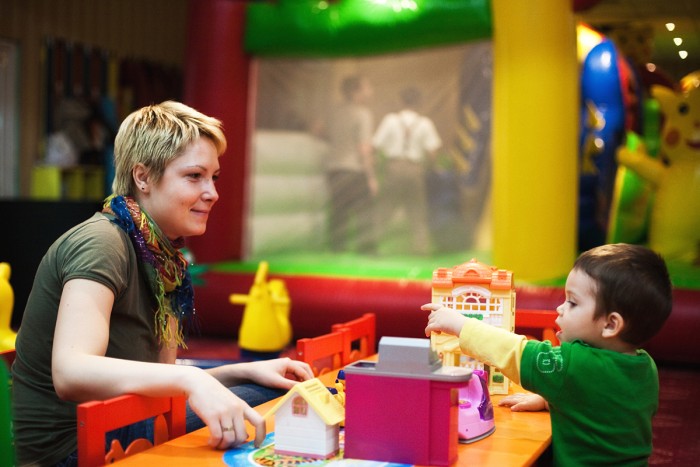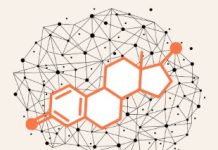Pfalzklinikum offers more decentralised services for children and adolescents.
Improving the mental health care on the spot, right where people live, work and spend their free time, without having to take on long and distressing drives to their therapists and doctors: this is the aim that mental health services provider Pfalzklinikum follows by decentralizing its offerings throughout the Palatinate in Southwest Germany. In addition to its overall eight day clinics for younger and adult people, Pfalzklinikum will open a third day clinic for children and adolescents in the Palatinate town Speyer in October 2017. Together with an accompanying psychiatric outpatient department, Pfalzklinikum establishes the first outpatient service in Speyer – until now clients living in this area are dependent on the local inpatient facilities. It is especially crucial, for the recovery of children and teenagers, to be embedded in their familiar social environment. According to the idea of the day clinics “in the clinic during the day, at home in the evenings and on the weekends” the young clients can directly implement what they have learned in therapy.
With 20 places for children and adolescents at the age from 4 to around 17, the day clinic complements the existing therapeutic range of Pfalzklinikum. It is structured in two wards. There, the children and teenagers are cared for in two groups each, appropriate to their age. Based on experiences in previously established day clinics, this concept is the best way to encounter the needs and requirements of the young clients. Each group is accompanied by a multi-professional team consisting of educators, nurses, curative teachers, social pedagogues, moto therapists and art therapists as well as psychiatrists and psychologists specialized in the treatment of children and adolescents. In a system of reference caregivers and case-leading therapists, the employees are closely assigned to the young patients and their families, which creates not only an atmosphere of trust and steadiness but also ensures the best therapeutic success.
Areas of life closely interlinked
The daily routines of therapy – such as morning and feedback rounds, relaxation techniques, moto and art therapy sessions or experimental education activities in nature – are complemented by a clinic school provided by Palatinate school authorities. This is not only necessary to avoid that the children fall behind in the curriculum during their therapy. It is also an effective measure to train their behavior with other children in an alternative school environment. In a next step the children visit their usual schools again and discuss this with their therapists afterwards. This happens in order to re-integrate the children into their environment step-by-step. The close exchange of doctors, educators, therapists and school teachers means a close interlinkage of all areas of life – which makes the identification of the children’s challenges and successes easier. Therefore, also the work with the parents is an important aspect of the therapy. Pfalzklinikum offers parental trainings appropriate to the age of their children. The parents learn to alter their parenting style, to develop positive activities together with their children, to strengthen their own resources but to recognize their personal limits as well.
The decentralization of Pfalzklinikum’s therapeutic range accompanies the overall idea of de-institutionalisation of its mental health services. This means to embed the professional help of the day clinics into the environment of supporting and close social contacts but also in the daily life routines that the clients have to cope with. Having cooperation partners like schools, kindergartens, established doctors and youth welfare services nearby helps to intensify the exchange and networking. This is not only beneficial for the clients’ personal development. Integrating mental health services into the communities also contributes to the peoples’ awareness and acceptance of mental health problems within their communities and reduces stigmatizing behavior.
Romina Männl
Pfalzklinikum









